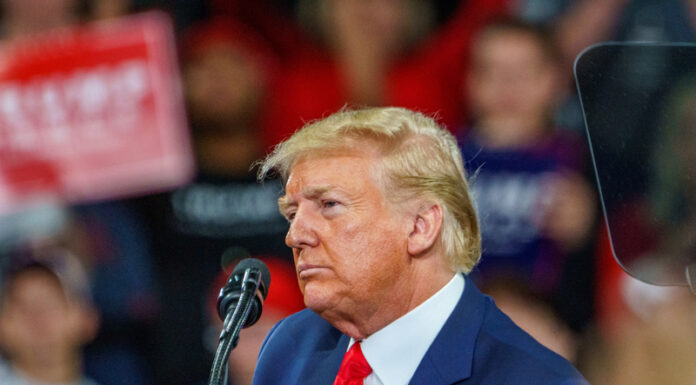A 48-hour federal funding freeze that threatened to disrupt billions of dollars in government assistance ended Wednesday, January 29, 2025, when the Trump administration abruptly rescinded its directive. This followed chaos at multiple federal agencies and legal challenges from nearly half the states in the nation. The reversal affected hundreds of government programs, from medical research grants and infrastructure projects to childcare subsidies and educational initiatives.
The initial memorandum, issued by the White House Office of Management and Budget (OMB) on January 27, 2025, ordered federal agencies to halt the obligation and disbursement of all federal financial assistance by 5 p.m. on Tuesday. The directive required agencies to submit detailed reports to OMB by February 10, 2025, outlining all obligations or disbursements of federal financial assistance.
“The memo was rescinded to end any confusion on federal policy,” the White House stated while maintaining that efforts to “end the egregious waste of federal funding” would continue.
During the brief freeze, state and local officials reported widespread disruptions. Medicaid portals experienced system outages in all 50 states, medical and childcare providers reported payment disruptions, and organizations serving vulnerable populations faced immediate uncertainty. While the administration had explicitly exempted Social Security, Medicare, Medicaid, SNAP benefits (food stamps), rental assistance, and Pell Grants from the freeze, the lack of clear implementation guidance created chaos across federal departments.
Senate Minority Leader Chuck Schumer claimed the administration’s reversal came after an “outcry across America” put political pressure on the White House).
The original OMB memo directed agencies to review each federal program with specific criteria, including whether programs “promote gender ideology” or “support in any way abortion,” leaving lawmakers, public officials, and aid recipients struggling to determine the scope of affected programs.
Legal experts questioned the constitutionality of the freeze, noting potential violations of the Impoundment Control Act of 1974, enacted following President Nixon’s attempts to impound congressionally appropriated funds. The Act requires explicitly presidents to seek congressional approval before halting funding allocated by Congress.
While the freeze memo has been rescinded, the administration emphasized that its underlying executive orders targeting specific areas of federal spending remain in effect. These include continued pauses on foreign aid disbursement and specific clean energy initiatives approved by the Biden administration.
Congressional response split along party lines. Republicans largely supported the administration’s actions as fulfilling Trump’s campaign promise to rein in the federal budget, though some expressed concerns about the lack of communication regarding implementation. Democrats argued that the policy violated constitutional principles since Congress had already determined how to spend the funds.
The directive prompted immediate legal challenges, with a federal judge in Washington, DC, issuing an initial temporary stay. The administration’s decision to rescind the directive came as a federal judge in Rhode Island was set to consider a request from 22 states and the District of Columbia for a temporary restraining order, which could have imposed more extensive restrictions than the D.C. judge’s ruling.
The Justice Department had prepared to argue that the executive branch should have greater discretion to cancel federal spending without congressional approval, including challenging the 1974 budget law that limits presidential authority to cancel spending.
Under the original memo’s provisions, federal agencies would have been required to answer detailed questions about each program’s alignment with administration priorities, potentially affecting billions of dollars in community grants and financial support nationwide. The directive established a limited waiver process through OMB for specific agency actions, but the criteria for such exemptions remained unclear during the brief period the freeze was in effect.







